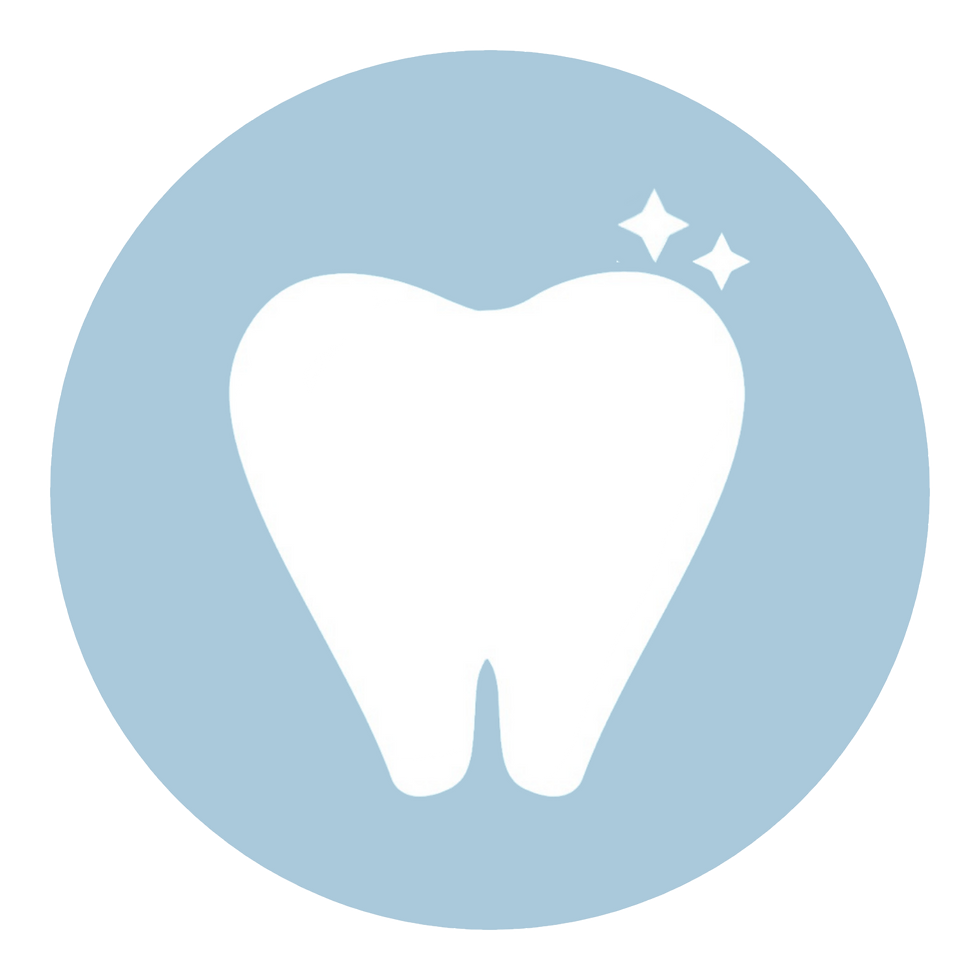How does my oral health increas Earth's pollution?
- TeethTab México

- Sep 21, 2021
- 3 min read
Updated: Sep 28, 2021
"I like to ask people: what is the first thing you touch in the morning? It's probably your toothbrush. Do you want the first thing you touch every day to be plastic?"
-Kahi Pacarro, founder of Sustainable Coastlines Hawaii.

September 24th is the World Maritime Day. To commemorate this date we want to highlight how the dental care industry has affected the marine environment over the years. In addition, we want to call attention to something less talked about: how air and water pollution deteriorates your oral health and what you can do to break this circle that intertwines health, pollution and disease.
Taking care of our oral health contributes to environmental pollution and the latter causes our dental health to deteriorate.
Your first toothbrush and toothpaste tube are still somewhere in the world.

The total number of plastic toothbrushes that are produced, used and disposed of each year has grown steadily since the manufacture of the first one in the 1930s. In the same manner, the number of toothpaste plastic tubes, dental floss and their respective packaging has also increased.
The components of these oral-hygiene tools and their packaging include plastic, aluminum, steel and nylon. These composite plastics are difficult, if not impossible, to separate for recycling. So in addition to the CO2 emission during the production of each individual tube and toothbrush, recycling them is a very complicated process. For these reasons, practically no tube of toothpaste or toothbrush is recycled.
Practically no toothpaste plastic tube or toothbrush is recycled.
Similarly, ingredients in common toothpastes such as Sodium Lauryl Sulfate (SLS), triclosan, and parabens are harmful to marine species. If you want to know more about these toxic compounds, check out this blog post.
Don't forget about microplastics
In common toothpastes, they tend to look very nice as well as having an abrasive power designed to achieve a "deeper cleaning" of your teeth. On the other hand, nylon dental floss, which are difficult to recycle, end up in landfills where they become microplastics.
Of the 9.5 million tons of plastic that are annually thrown into the oceans, between 15% and 31% are microplastics and toothpaste is one of the most important sources of microplastics released into the aquatic environment. A study published in the journal Communications Biology discovered that plastic in the oceans not only affects marine fauna as we tell you in this blog post, but it also damages Prochlorococcus, the marine bacteria responsible for producing 10% of the oxygen in the planet.
Toothpaste is one of the most important sources of microplastics released into the aquatic environment.
The health-pollution-disease cycle

Several studies have been carried out on the effect of environmental pollution (dust, nitrogen oxides, sulfur gas, lead and CO2) on changes in the composition of saliva and tooth tissue. These are some of the most shocking results:
A relationship between the increase in dental caries and environmental pollution factors, especially carbon dioxide has been identified .
High levels of "small particles" in air pollution appear to be linked to a 43% higher chance of developing mouth cancer.
It is time to search for alternatives which allow us to have a less polluted planet without leaving aside our oral hygiene since, as we told you before, our oral health is affected by pollution itself.
These days there are more and more brands that offer you this benefit and one of them is TeethTab.
Our toothpaste tablets contain ingredients that are safe for marine life.
Our containers are made of glass, one of the most easily recyclable materials.
We offer you a refilling system for our tablets and dental floss through our online shop or through our TeethTab refill stations (currently only available in Mexico).
Our toothbrushes and dental floss are made of bamboo, the greenest plant on the planet (check out this blog post about this amazing plant).
Learn more about the benefits we offer you in the "About Us" section on our website.
With TeethTab we will have cleaner and healthier oceans, beaches and teeth.
Dare to be part of the change!
Don't miss any of our news! We would love for you to follow us on our social media. You can also register to our website.
Send us your petitions, questions, recommendations, and complaints to info@teethtab.mx. We would love to read them too.

Thanks for reading us.
Your team, TeethTab.
También puedes encontrar este post en Español.
Our references
Air pollution exposure may be linked to higher risk of mouth cancer. 2018. Br Dent J 225, 800. https://doi.org/10.1038/sj.bdj.2018.994 en https://www.nature.com/articles/sj.bdj.2018.994
Kabulbekov AA, Amrin KR. 1991. Effects of air pollution on the etiology of dental caries. Gig Sanit. Apr;(4):6-8. Russian. PMID: 1832130. En https://pubmed.ncbi.nlm.nih.gov/1832130/
J. Kavitha *, S. Sivakrishnan, S. L. Sree and S. Srinivasan. 2020. IJPSR. 3. 3069-3077. DOI: 10.13040/IJPSR.0975-8232.11(7).3069-77. En https://ijpsr.com/bft-article/pollution-in-dentistry-a-critical-review/





Comments